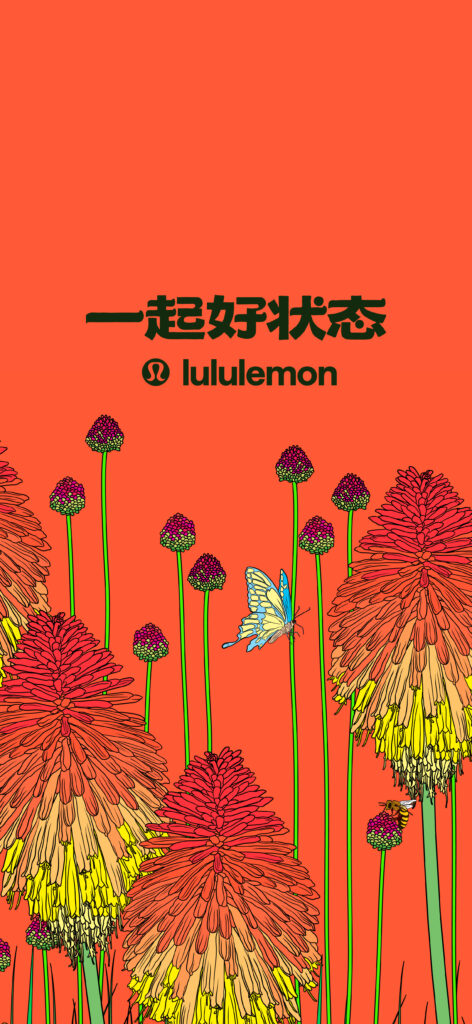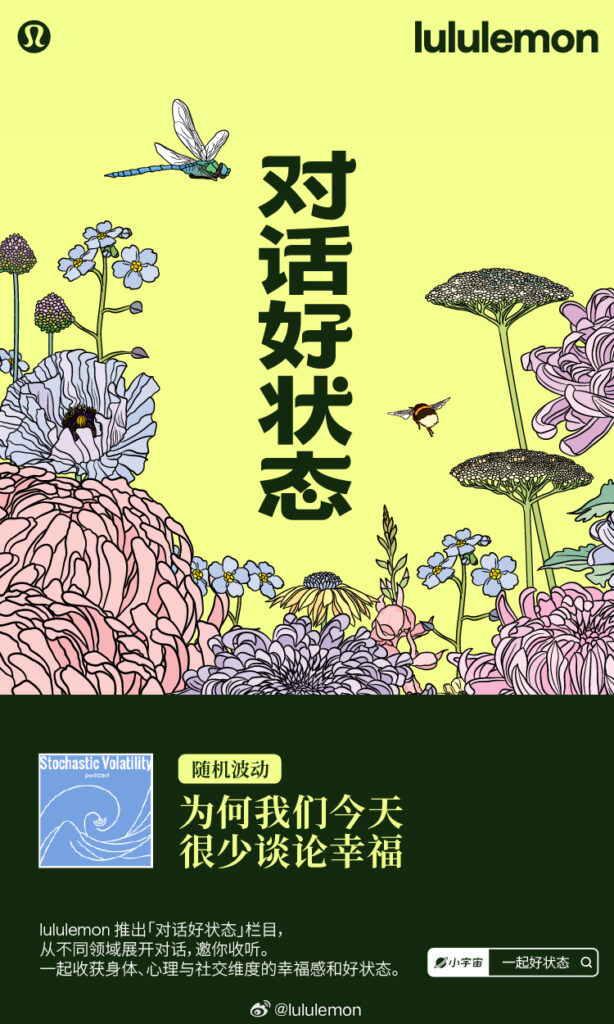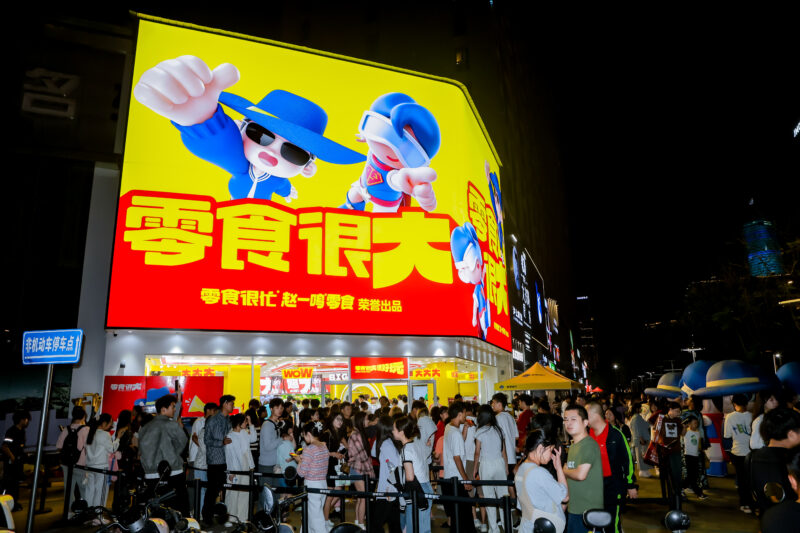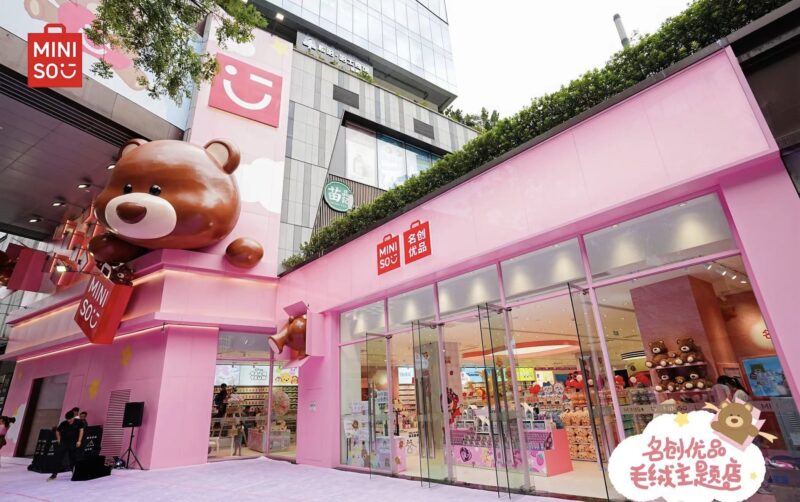Since its first report in 2021, Lululemon has been monitoring people’s sense of happiness for a fourth consecutive year. Ahead of World Mental Health Day on 10 October, the American-Canadian premium apparel brand released the 2024 edition of its Global Wellbeing Report on 24 September, as well as announcing its Chinese-specific report and campaign.



The latest report shows that due to a strong sporting mindset and communal connection, the Chinese participants beat their counterparts in the sense of happiness/wellbeing again, 79 points to 66. The 13% lead is slightly smaller than the 18% lead last year but still impressive. The challenges to wellbeing are mostly “involution” or fruitless competition in the workplace or society in general, as well as loneliness and societal stress. Men feel less happy at 74 points than women at 85. Gen Z grew 4 points to 73 but still lower than the other generations (80). Two-thirds of the participants say that sports can help create high-quality socialisation and build a sense of belonging.
The report and campaign adopt artwork by Le Baker and Catherine Borowski called “Graphic Rewilding”. The art project by the two artists started in 2021, coinciding with Lululemon’s wellbeing initiative and is about bringing elements of nature into urban environments. The latest collection was in collaboration with Lululemon to invite urban dwellers to keep moving and find the inner garden for wellbeing. On Weibo, China’s Twitter equivalent, the topic “wellbeing together” (#一起好状态#) has accumulated 450 million views.

Between 8 and 9 October, Lululemon will co-host with Huasheng Media with four talks across two days at the START Museum in Xuhui, Shanghai. Like last year, public figures from related fields, from influencers to academics, as well as practitioners will be discussing the topic of wellness, especially mental wellbeing. A podcast with more guests on the topic was launched on 24 September.
As an athleticwear-centric brand, Lululemon has been expanding its ESG marketing beyond physical wellness into the realm of mental well-being. It also leverages the post-pandemic “holistic wellness” trend in China where young people are focused on both physical and mental health. Not only is the brand raising awareness of mental wellbeing and how to look after it, but it also suggests sports and exercises as a way of connecting with its brand image.









